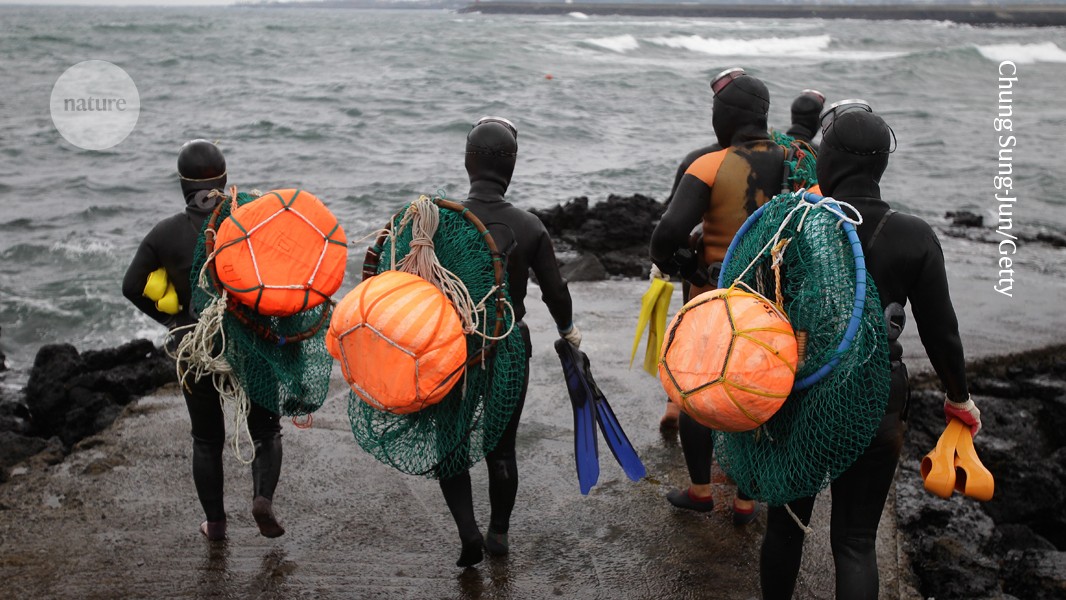
"The Haenyeo, known as 'women of the sea,' have been free diving for centuries, significantly impacting both their physiological adaptation and the genetic makeup of the Jeju population."
"Research on 30 Haenyeo divers from Jeju reveals unique adaptations that not only support their rigorous lifestyle but also hint at a deeper genetic influence on the island's residents."
"Diana Aguilar-Gómez's study suggests that the long-standing tradition of female diving has resulted in evolutionary changes in the Haenyeo, differentiating them from their peers."
"As these women dive year-round without equipment, their lifestyle poses an intriguing question of how such extreme activities could affect human genetics and physiology."
The Haenyeo, or 'women of the sea,' have a rich history of free diving for seafood on Jeju Island, South Korea. These women dive year-round, often even during pregnancy, without the use of breathing apparatus. In a study led by Diana Aguilar-Gómez from UCLA, researchers examined 30 Haenyeo alongside individuals from Jeju and Seoul to better understand how this demanding lifestyle impacts their physiology and potentially their genetic adaptations. The findings explore the intersection of culture, physical endurance, and evolutionary biology.
Read at Nature
Unable to calculate read time
Collection
[
|
...
]